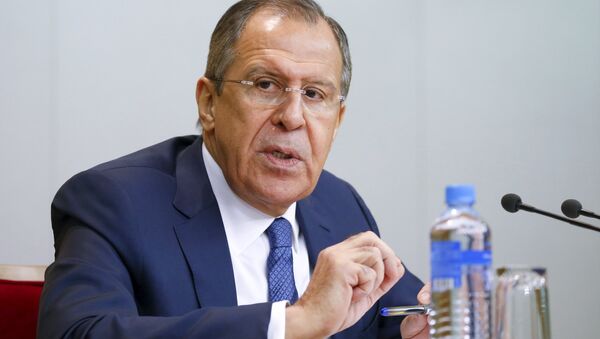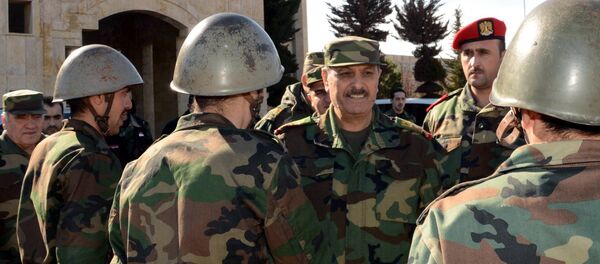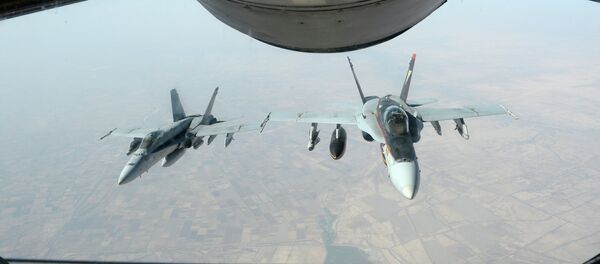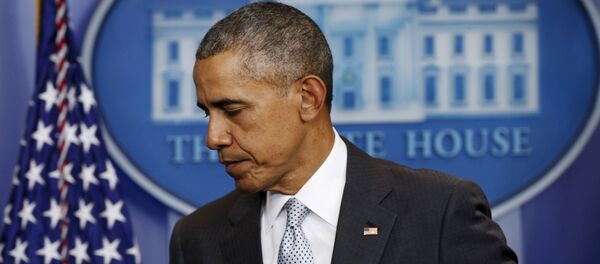"In order to come to terms over six months it is necessary not to slam the door and dig in heels, as several delegates of the so-called Riyadh group have done," Lavrov said on Monday, speaking on the progress made through the Syrian peace talks.
The ceasefire agreed on February 27 has largely held and includes 71 settlements. While there have been occasional instances of fighting, many of these can be attributed to terrorist groups like Daesh, which are outlawed and not part of the deal.
Still, as negotiations continue, Lavrov added that "it’s no secret" that Turkey has a "decisive influence" on the opposition group High Negotiations Committee.
"So one should not come for talks with ultimatums but should sit down at the negotiating table and reach an agreement," he said.
The foreign minister added that the Russian government is working to compile a more thorough list of the terrorist groups operating within Syria.
"We are currently collecting information that Jabhat al-Nusra subjugates groups that seemed to have declared truce and readiness to join [the] ceasefire," he said.
"We will summarize facts and present them to [the] UN Security Council to adjust terrorist lists."
The United Nations Security Council is negotiating a new Syrian constitution which will help bring an end to the five-year conflict that has left nearly 250,000 people dead and millions displaced.
On Monday, Foreign Minister Lavrov also discussed the United States’ recent decision to distance itself from Russia’s operations in Syria.
"The system is working, but it’s working despite the fact that the Pentagon and the State Department as of late are publicly trying to distance themselves from the existence of any sort of coordination between our militaries and say that all of the contracts with the Russian Aerospace Forces encompass only the agreements on avoiding [air] incidents," he said.
"I don’t know why the State Department and our American partners make these statements. Could they just be shy in cooperating with the Russian Federation? But we’re cooperating in the fight against terrorism and there’s nothing to be shy about here."
Last week, US State Department spokesperson John Kirby indicated that Washington would not take part in Russia’s anti-terror campaigns in Syria.
"For the purpose of safety, there has been the sharing of tactical information with respect to the airspace over Syria," Kirby told reporters on Thursday. "That continues, but there is not now nor other plans to actively cooperate militarily with the Russian military in Syria."





